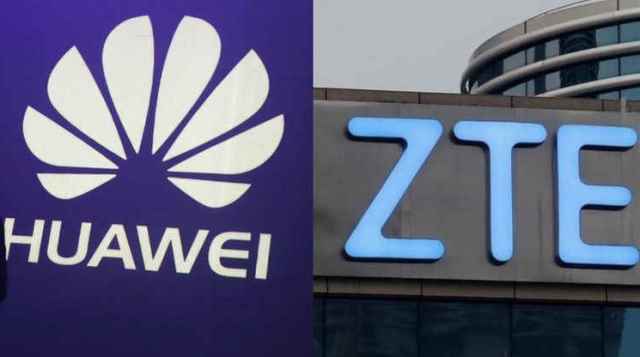The European Commission is considering new legal measures that would compel European Union (EU) member states to phase out Huawei Technologies and ZTE equipment from their telecommunications networks, Bloomberg news report said.

Henna Virkkunen, Vice President of the European Commission, is reportedly seeking to transform the EU’s 2020 recommendation to restrict the use of high-risk vendors in mobile networks into binding legislation. The move would mark a significant policy shift, requiring all EU nations to align with the Commission’s security framework rather than making such actions voluntary.
Though decision on selection of telecom network traditionally rest with national governments, Henna Virkkunen’s proposal would ensure a unified European approach toward network security and the use of Chinese telecom vendors.
Rising Security Concerns Over Chinese Equipment
The initiative comes amid growing EU concerns about the risks posed by Chinese telecom companies. Policymakers fear that allowing Huawei and ZTE – which have close ties to Beijing – to maintain a foothold in critical national infrastructure could endanger national security.
The Commission is also exploring ways to restrict Chinese suppliers from Europe’s fixed-line networks as member states expand fiber-based broadband. In addition, the EU may withhold Global Gateway funding from non-EU countries that use the program for projects involving Huawei or ZTE equipment.
Growing Divide Among EU Member States
While countries such as the United Kingdom and Sweden banned Huawei years ago, others, including Spain and Greece, continue to deploy Chinese equipment. Germany and Finland are reportedly considering tighter restrictions, reflecting a renewed debate over the security of 5G and fiber infrastructure.
This patchwork approach has sparked concern among security experts, who argue that uneven implementation undermines the EU’s collective resilience against cyber threats.
Industry Pushback and Political Tensions
A full ban could provoke political resistance from countries reluctant to give up control over their network policies and from telecom operators wary of rising costs. Operators have long argued that Huawei’s technology offers better performance and lower prices compared to Western alternatives such as Nokia and Ericsson.
The issue traces back to former U.S. President Donald Trump’s administration, which barred Huawei from U.S. networks and urged allies to follow suit. In response, the EU developed its “5G toolbox” in 2020, recommending that member states limit high-risk vendors in their core and radio networks. However, compliance was not mandatory, leaving adoption uneven across the bloc.
China’s Reaction and Next Steps
China has repeatedly criticized the EU’s stance, calling it politically motivated and lacking a factual or legal basis. Beijing has also warned of retaliatory measures against European companies operating in China if Huawei and ZTE face further restrictions.
Baburajan Kizhakedath
